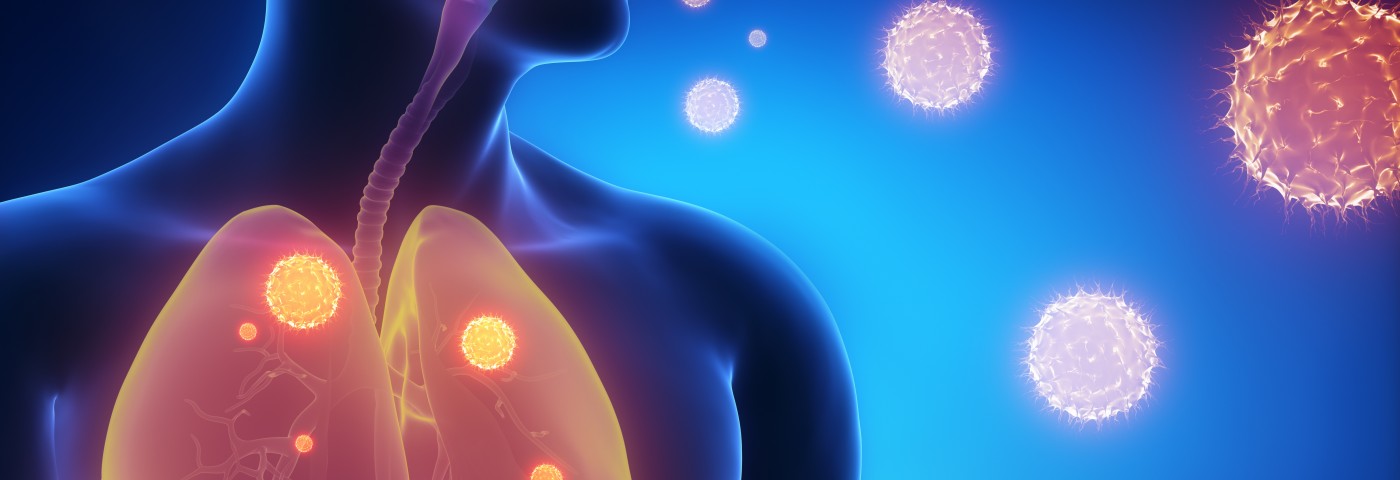New York City-based pharma company TGV-Laboratories recently presented a promising compound, Mul-1867, for the treatment of several antibiotic-resistant fungal and bacterial infections – a growing problem that has been estimated to take more lives than cancer by the year 2050. The reports have been published in the Review of Antimicrobial Resistance.
“According to this important scientific journal, deaths caused by drug resistance will rise from 700,000 in 2015 to an estimated 10 million per year in 2050,” Dr. George Tetz of TGV-Laboratories said in a press release. “Some respected researchers are warning of an imminent post-antibiotic era or ‘antibiotic apocalypse.’ We believe our research has unlocked a key for fighting some of these most dangerous bacterial and fungal pathogens that have grown resistant to drugs currently on the market. We are eager to expand human trials of our discovery, which in studies and tests to date have shown it to be highly effective and without side effects.”
Mul-1867 is among several other antifungal and antibacterial drug candidates in TGV’s pipeline that were discovered during George and Victor Tetz’s years of research into a new concept they developed called Pangenome.
The duo, part of the scientific core of TGV-Laboratories, said human trials so far indicate that the compound Mul-1867 has the potential for being developed into a next-generation of infection fighters, capable of treating all infections caused by antibiotic-resistant microorganisms, from fungal pneumonia to gangrene.
The study was presented at America’s biggest microbiology conferences – ASM2015 and ICAAC2015 – and published in the Antimicrobial Resistance and Infection Control journal under the title “In vitro antimicrobial activity of a novel compound, Mul-1867, against clinically important bacteria.”
TGV-Inhalonix, a TGV-Laboratories subsidiary, has just filed an application for Mul-1867 with the U.S. Food and Drug Administration (FDA) requesting Orphan Drug Status for cystic fibrosis patients with life-threatening antimicrobial-resistant pulmonary infections. Meanwhile, the company will continue to evaluate the drug’s broader potential application as a next-generation antibiotic.
“Taken together, our data suggested that Mul-1867 is a promising novel antimicrobial agent that has potent broad-spectrum antibacterial and antifungal activity against clinically important microorganisms, including multi-resistant ones that today are practically incurable,” said infectious disease specialist Prof. Michael Cynamon from the Veterans Affairs Medical Center in Syracuse, New York, and also a member of TGV-Laboratories’ Advisory Board.

